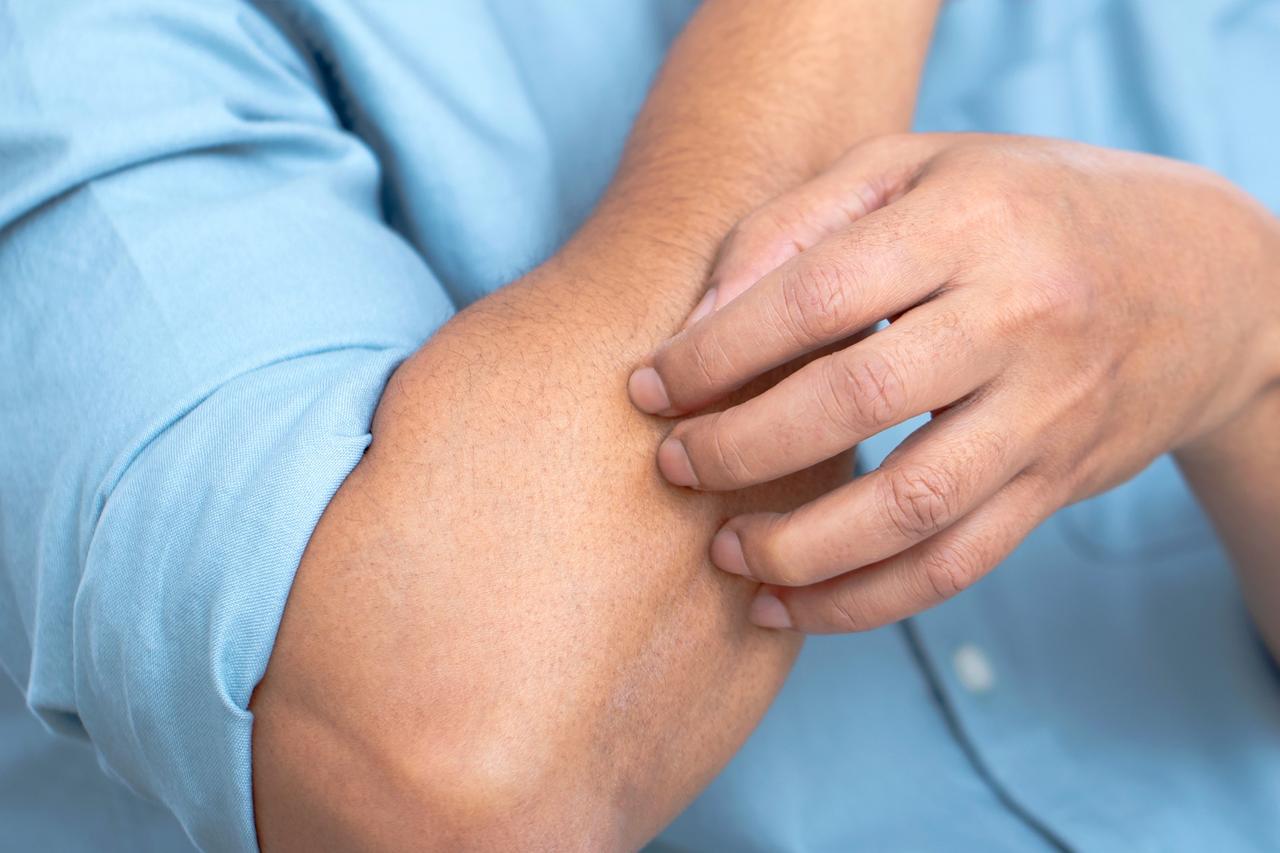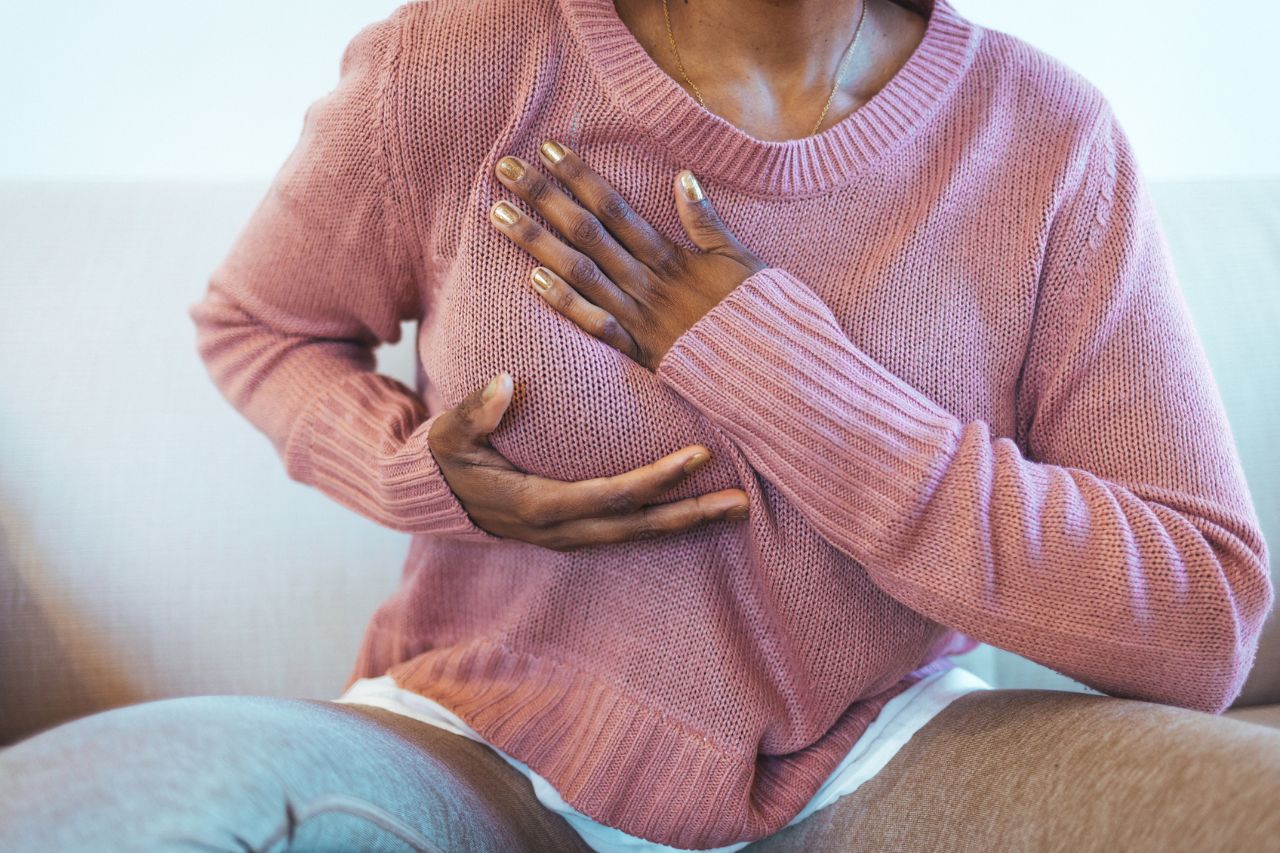Does Cancer Cause Itchy Skin?

Itchy skin (or pruritus) is a common problem that can be caused by issues like living in an arid climate, dehydration, allergies and insect bites. However, persistent itching that doesn’t resolve when underlying problems like these are addressed can be a sign of a more serious health condition, including cancer.
This article explains the relationship between itchy skin and cancer, confirming that a connection exists, noting the types of cancer that most often cause itching and indicating when you should talk with your healthcare provider about troublesome itchy skin.
Why Cancer Can Make You Itch
Cancer can cause itchy skin in a few ways. Some cancers develop on the skin, causing scaly patches, sores or lesions that itch. Cancers elsewhere may release substances into the bloodstream that can trigger itching. The disease can also activate the body’s immune response, causing widespread inflammation that leads to itching.
Cancers Linked to Itchy Skin
Skin Cancers
While not all skin cancers cause itching, specific types, including melanoma, basal cell carcinoma and squamous cell carcinoma, can stimulate itching at the site of the lesion. Inflammatory breast cancer, a less common but aggressive type, can also cause persistent itching and a rash.
Blood Cancers
Lymphomas (especially Hodgkin lymphoma) and leukemias are often linked to itching. Researchers don’t fully understand the mechanism behind that reaction, but it may involve the cancer cells releasing chemicals and the body reacting to them. The itching can be in one area or affect the entire body.
Cancers of the Liver or Bile Ducts
Liver, bile duct and pancreatic cancer can block the bile ducts. If that occurs, bilirubin, a substance produced by the liver, accumulates in the bloodstream. The excess bilirubin can deposit in the skin, causing intense generalized itching and yellowing of the skin and eyes (jaundice).
Itching as a Side Effect of Cancer Treatment
Cancer treatments like chemotherapy, radiation therapy and immunotherapy can produce skin changes that lead to dryness, rashes and itching. These side effects tend to resolve once treatment is completed or adjusted. Similarly, medications to address cancer-related symptoms, such as pain relievers, can cause itching.
When To Contact Your Healthcare Provider About Itchy Skin
Many issues can cause itchy skin, including bug bites, not drinking enough water and living in a dry climate. However, you should talk with your healthcare provider if your itching has any of these characteristics:
- It starts suddenly and without a clear cause.
- It is occurring all over your body.
- It doesn’t improve with home treatment.
- It’s accompanied by other concerning symptoms.
Itching skin that develops along with fatigue, weight loss, fever or changes in skin appearance, like new or changing moles, is a sign you should get medical attention.
If you experience persistent itching, Baptist Health can help. Your provider can conduct a physical exam, order tests as appropriate, diagnose your condition and develop a treatment plan. If you don’t have a provider, you can find one near you in our online directory.
Next Steps and Helpful Resources
Learn More About Cancer Care at Baptist Health
Does Cancer Cause Night Sweats?
Can Vitamin B12 Deficiency Be a Sign of Cancer?
Does Sugar Feed Cancer?



